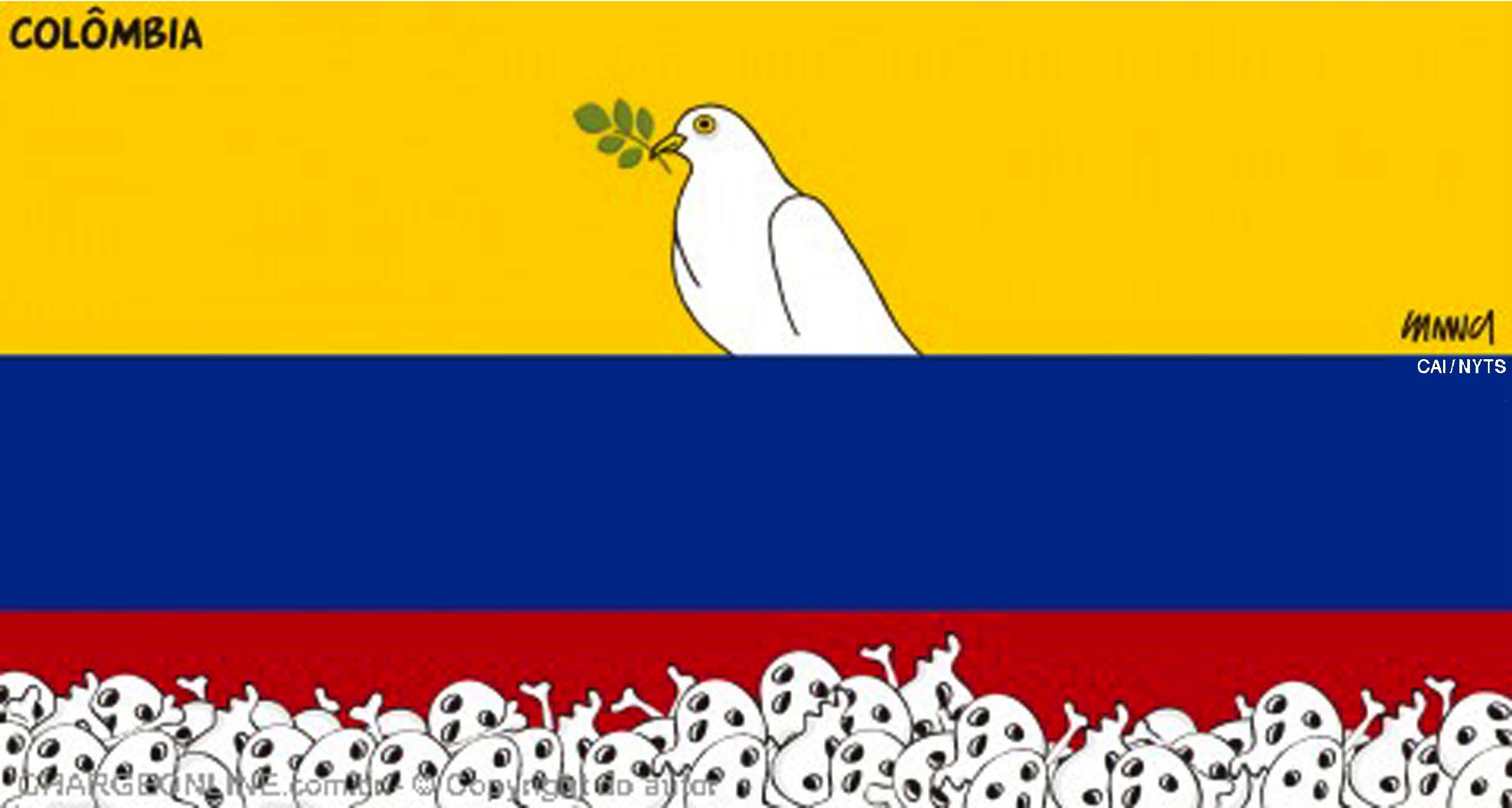In the coming weeks, Colombians will be asked to cast a vote like none other in the country's history. The sole question on the ballot will be whether Latin America's third most populous nation should ratify a historic peace agreement to end the longest-running guerrilla insurgency in the Western Hemisphere.
It seems like a silly question: After a conflict that has raged for half a century, taken 220,000 lives and uprooted more than 6 million people, what's to decide? And yet, it's a measure of the parlous mood in Latin America's most conflicted nation that the fate of the Colombian peace process is still anyone's guess.
After all, the talks between the government of President Juan Manuel Santos and leaders of the Revolutionary Armed Forces of Colombia (FARC) have dragged on since November 2012, suffered multiple setbacks and left some vexing details hanging. One sticking point is that despite their tacit agreement to lay down weapons, FARC will not be fully disarmed by the time Colombians vote on the referendum, which is scheduled for early October. The end of the insurgency doesn't mean drug trafficking will stop, nor will it compel holdout groups, such as the estimated 2,000-strong National Liberation Army (ELN), to cease their hostilities.



